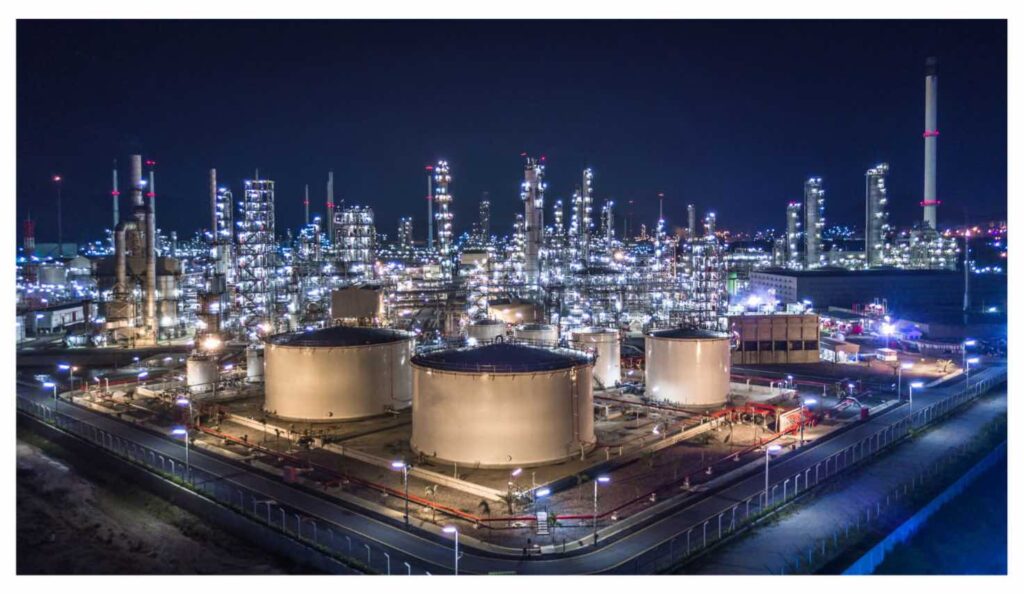
Synthetic motor oil is made using synthetic base oils that are engineered to have more consistent and precise chemical properties than naturally occurring base oils. These base oils are typically made using a process called synthesis, which involves combining chemical compounds to create a molecule with specific properties.
There are several different methods for synthesizing base oils, including:
- Polyalphaolefins (PAO): PAO base oils are made by polymerizing olefins, which are simple hydrocarbons made from a single chain of carbon atoms. PAO base oils are known for their stability, high viscosity index, and low volatility.
- Esters: Ester base oils are made by reacting an alcohol with a carboxylic acid. Ester base oils are known for their excellent high-temperature stability and low volatility.
- Group III base oils: Group III base oils are made using a hydrocracking process, which involves breaking down larger hydrocarbon molecules into smaller ones using high pressure and heat. Group III base oils are known for their good viscosity index, low volatility, and high thermal stability.
Once the base oil has been synthesized, it is mixed with various additives to improve its performance and protect against wear, corrosion, and other types of damage. The specific formulation of synthetic engine oil can vary depending on the manufacturer and the intended use of the oil.
Synthetic engine oils are designed to provide a high level of protection and performance for internal combustion engines. They are typically formulated to meet the specific needs of different types of engines, such as gasoline, diesel, or natural gas engines. Synthetic engine oils are also available in a range of viscosities, or thicknesses, to suit different types of engines and operating conditions.
There are a number of benefits to using synthetic engine oil, including:
- Improved protection: Synthetic engine oils are formulated to provide superior protection against wear and corrosion, which can help to extend the lifespan of an engine.
- Better performance: Synthetic engine oils are formulated to provide better performance at high temperatures and under heavy loads, which can help to improve fuel economy and reduce emissions.
- Greater stability: Synthetic engine oils are more stable than conventional oils, which means they are less likely to break down or lose their effectiveness over time. This can result in longer oil change intervals and reduced maintenance costs.
- Enhanced cold start protection: Synthetic engine oils are formulated to provide excellent cold start protection, which can help to reduce engine wear and improve performance in cold weather.
- Greater versatility: Synthetic engine oils are available in a range of viscosities and formulations to suit different types of engines and operating conditions, making them more versatile than conventional oils.
In conclusion, synthetic engine oil is made using synthetic base oils that are synthesized using various methods, such as polymerization, esterification, or hydrocracking. These base oils are then mixed with additives to improve their performance and protect against wear, corrosion, and other types of damage. Synthetic engine oils are designed to provide a high level of protection and performance for internal combustion engines and offer a number of benefits, including improved protection, better performance, greater stability, enhanced cold start protection, and greater fuel efficiency.
